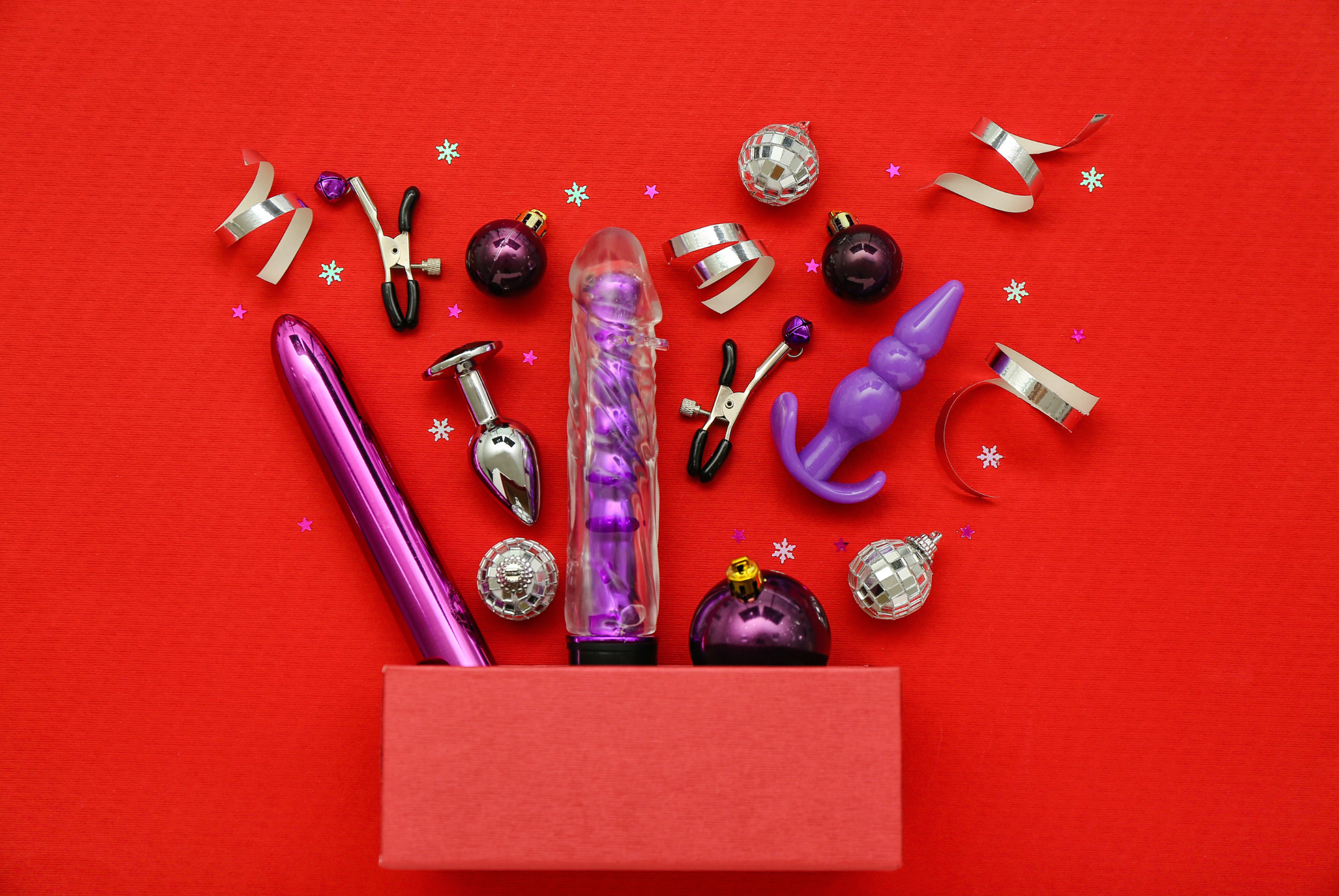
Let’s face it—sex toys are meant to bring joy, not worries. But did you know not all toys are created equal? Some are made with materials that can leach harmful chemicals into your body. This is particularly concerning for anyone pregnant or breastfeeding, as these chemicals could potentially harm the baby. Yikes, right?
Don’t stress, though! By understanding a few basics, you can shop confidently and choose body-safe toys that are as good for your health as they are for your pleasure. Let’s dive into the ultimate guide for choosing safe and body-friendly toy materials.
The Sniff Test: Spotting Unsafe Materials
A quick and easy way to gauge if a toy is unsafe? Use your nose! If it smells like chemicals, plastic, or a shower curtain, it’s a red flag. These toys are often made with materials that contain harmful chemicals, like phthalates. Now that you know what to avoid, here’s what to look for instead.
Body-Safe Toy Materials

Silicone: The Superstar
Silicone is the gold standard for sex toys. Why? It’s hypoallergenic, non-porous, and latex-free. It can feel soft and squishy or firm and realistic, making it a fan favorite for all kinds of fun.
Quick Tips for Silicone Toys:
- If a toy labeled “silicone” is clear, it’s not pure silicone. Authentic silicone is naturally opaque.
- Avoid using silicone-based lubes with silicone toys—they can degrade the material (test a small area first if you’re unsure).
- Don’t let silicone toys touch each other during storage; they can melt or fuse together.
ABS Plastic: The Dependable Classic
Durable and non-porous, ABS plastic is a safe, hard material often used for firm toys or toy components. Fun fact: It’s the same material used to make LEGO bricks!
Glass: The Elegant Option
Glass toys aren’t just gorgeous—they’re non-porous, hypoallergenic, and safe for temperature play. Bonus: they’re dishwasher-safe for effortless cleaning.
Natural Materials: Earthy and Sensual
- Wood: High-quality wooden toys must be polished and coated to ensure they’re non-porous and waterproof.
- Stone and Crystals: While stunning, most are porous and can’t be fully polished. Use a condom with these for added safety.
- Metal: Stick to medical-grade metals like stainless steel or aluminum to avoid allergies or exposure to harmful metals.
Materials to Avoid: The Don’ts of Toy Shopping
Phthalates: The Toxic Softener
Phthalates are chemicals used to soften plastics—and they’re bad news. They don’t bond to the material, meaning they can seep into your body. Over time, toys with phthalates break down, releasing even more of these harmful chemicals. Pro tip: If it smells like a shower curtain, it’s probably packed with phthalates.
Jelly, Rubber, and PVC: Cheap but Risky
These materials may be soft and affordable, but they’re highly porous and often loaded with phthalates. Their low cost isn’t worth the risk to your health.
Vinyl: A Toxic Trend
Vinyl toys are another no-go. Like jelly and rubber, they’re inexpensive and filled with questionable chemicals.
Final Thoughts
Your health and safety should always come first when shopping for toys. Investing in high-quality materials like silicone, ABS plastic, or glass will give you peace of mind and a better experience overall. Remember to trust your instincts (and your nose!) when something seems off.
Stay safe, shop smart, and enjoy yourself—you deserve it! 💕



Share:
Medusas Guides: Ball Gags | Types, Pros, Cons, and How to Choose